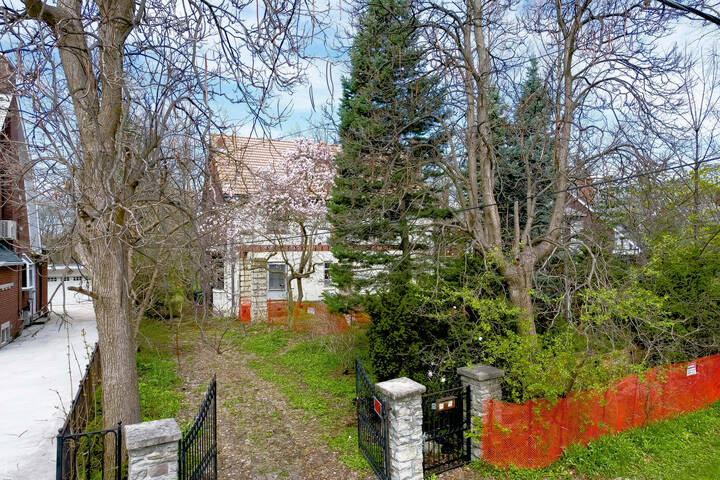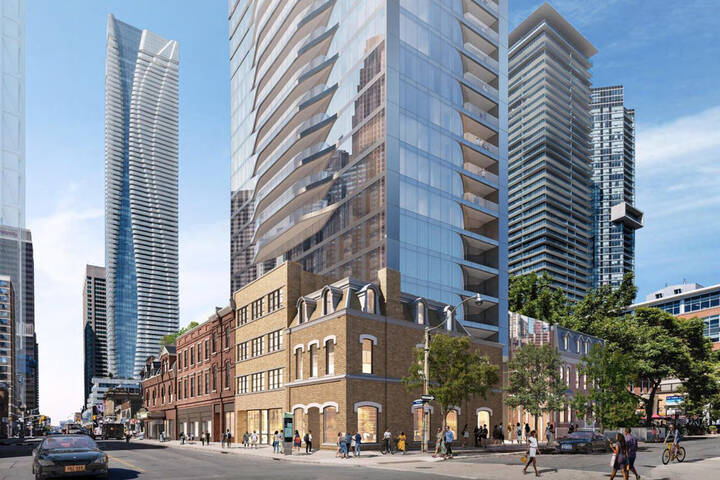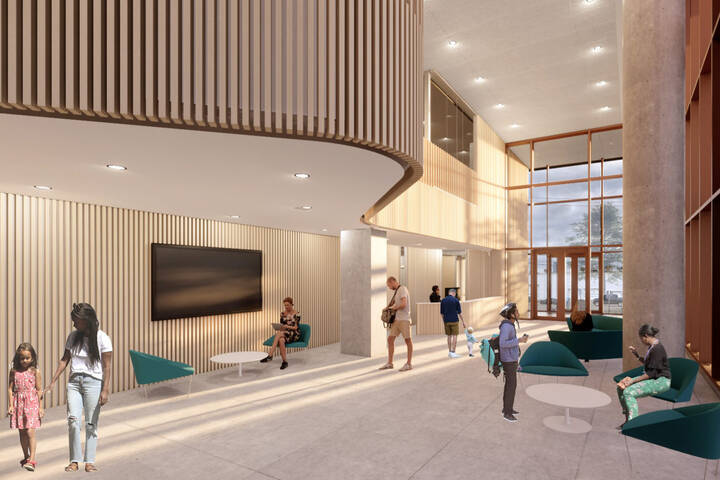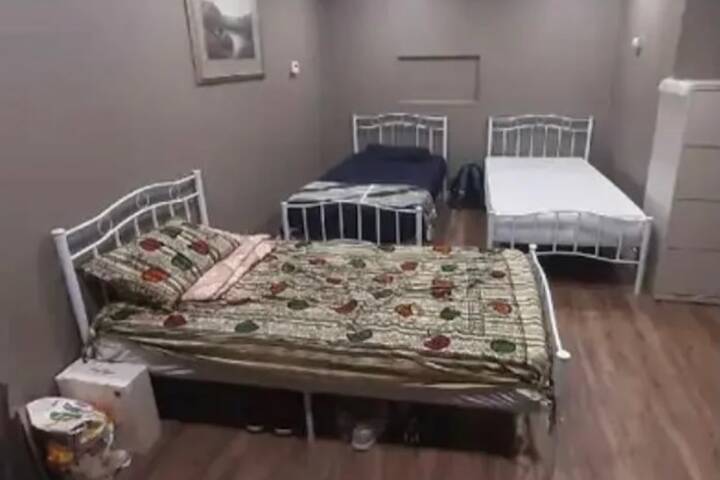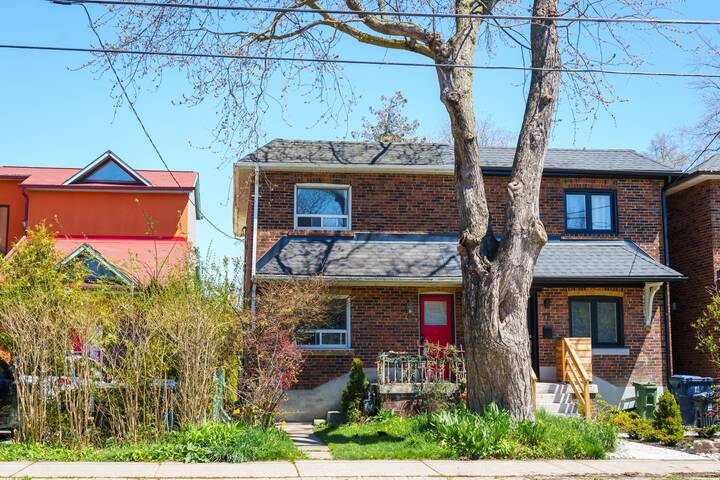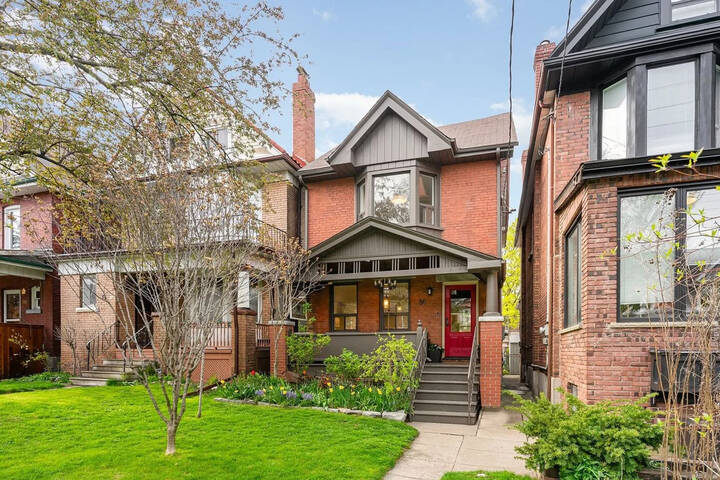
Toronto's real estate market is tanking and experts are pretty worried
Sales for new homes in the Greater Toronto Area (GTA) plummeted in August, and the steep drop-off in demand is a worrying sign of things to come as the effects of economic uncertainty on the housing market become clearer.
The GTA new home market slid in both the number of sales and inventory levels in August, falling well below ten-year averages, the Building Industry and Land Development Association (BILD) announced on Thursday.
Only 533 new condominium apartments were sold region-wide in August, the number representing an 83 per cent dip below the sales figure for August 2021, and falling 61 per cent below the ten-year average.
Even fewer new single-family homes (including detached, linked, and semi-detached houses and townhouses) were purchased during the month, with just 89 homes marking a staggering 86 per cent year-over-year decline, sitting 87 per cent below the ten-year average.
"New home sales for August slowed in both the condominium apartment and single-family sectors as buyers and builders are in a wait-and-see mode amid the swirling economic uncertainty," said Edward Jegg, Research Manager at Altus Group.
The decline in transactions was accompanied by a drop in available inventory, with 10,412 units on the market in August. Inventory is mainly accounted for in condominium units, with 8,787, compared to 1,625 single-family lots.
BILD warns that this only represents 3.5 months and 2.7 months of respective inventory, compared with the 9-12 months of inventory expected of a balanced housing market.
The only numbers that actually increased in August were prices.
Benchmark prices for new condominium apartments surged 11.2 per cent year-over-year in August to $1,189,682, while single-family home benchmark prices grew by 22.3 per cent in the same period to $1,861,587.
"New home buyers and builders have taken a step back in the face of rising interest rates and inflation," said Dave Wilkes, BILD President & CEO. "A useful parallel is the year 2017, when the introduction of the mortgage stress test resulted in artificially elevated interest rates."
Of course, there are many differences between 2022 and 2017. The market has had to endure lockdowns and a major economic downturn, an urban exodus due to the rise of remote work, and most recently, rampant inflation and further uncertainty.
That "soft landing" that experts have been talking about for roughly a decade seems to have turned from a likely outcome to a remote possibility, and the market's future seems much more turbulent than it did in that "useful parallel" year of 2017.
Recent challenges have experts now throwing around words like "crisis" and "hard landing," a situation current and prospective homebuyers will be keeping a close eye on.
Latest Videos
Latest Videos
Join the conversation Load comments
